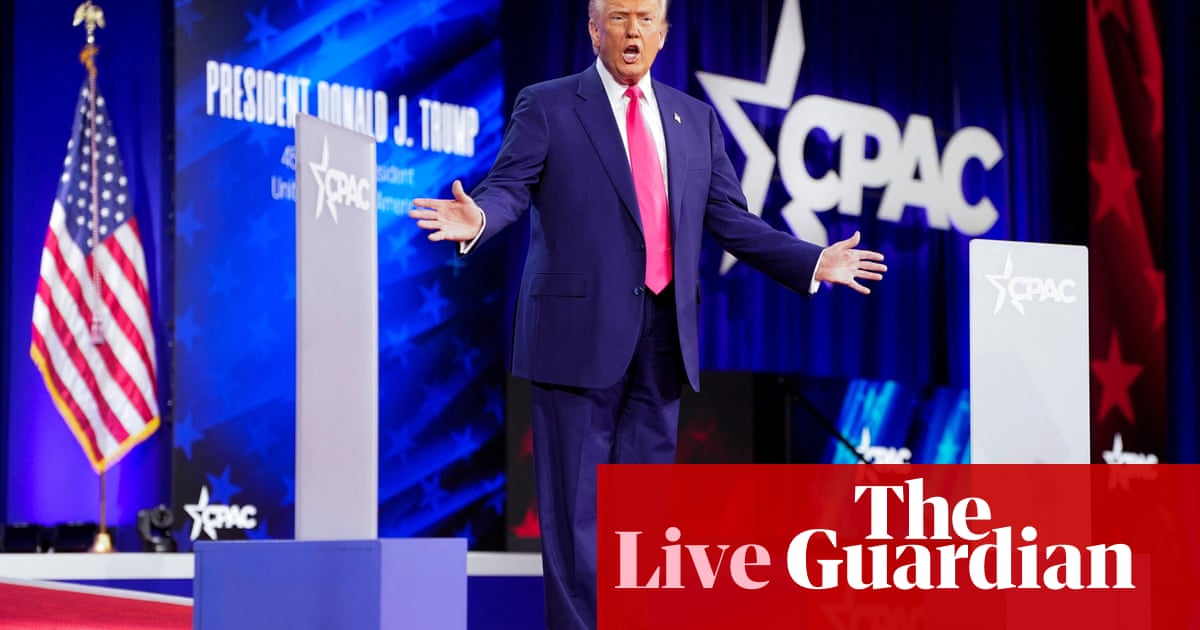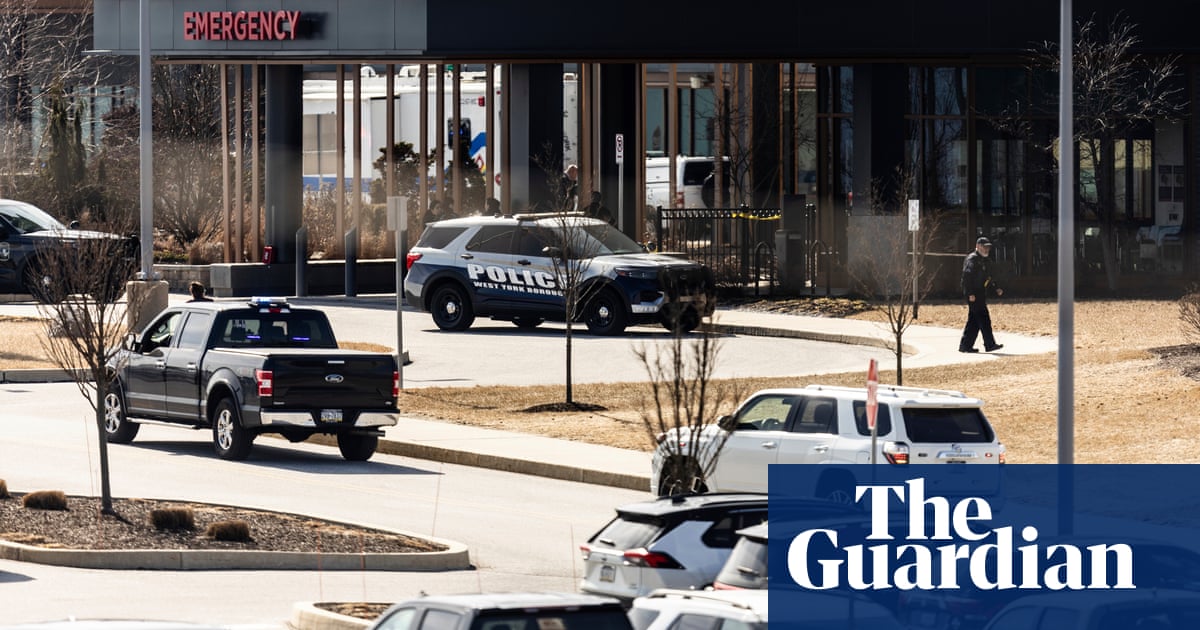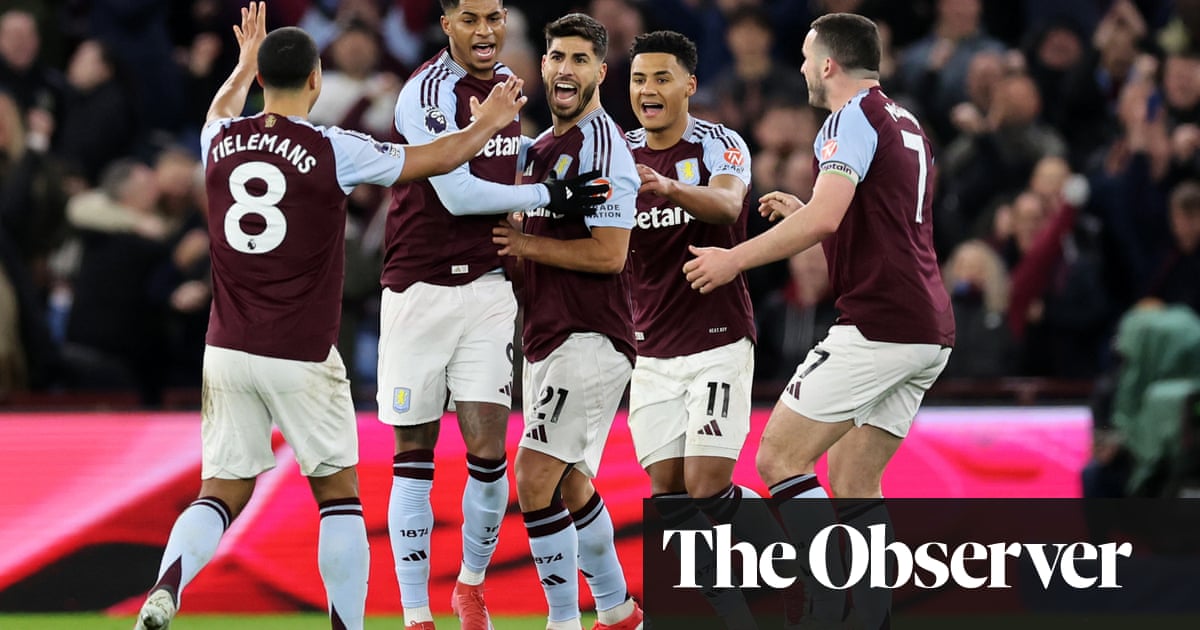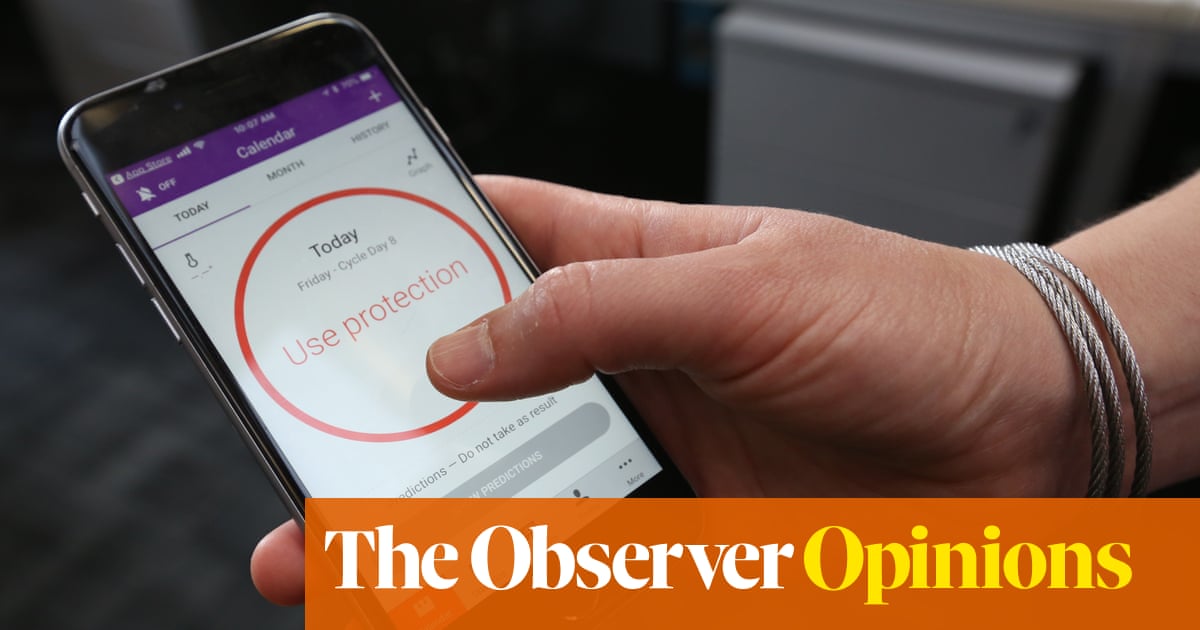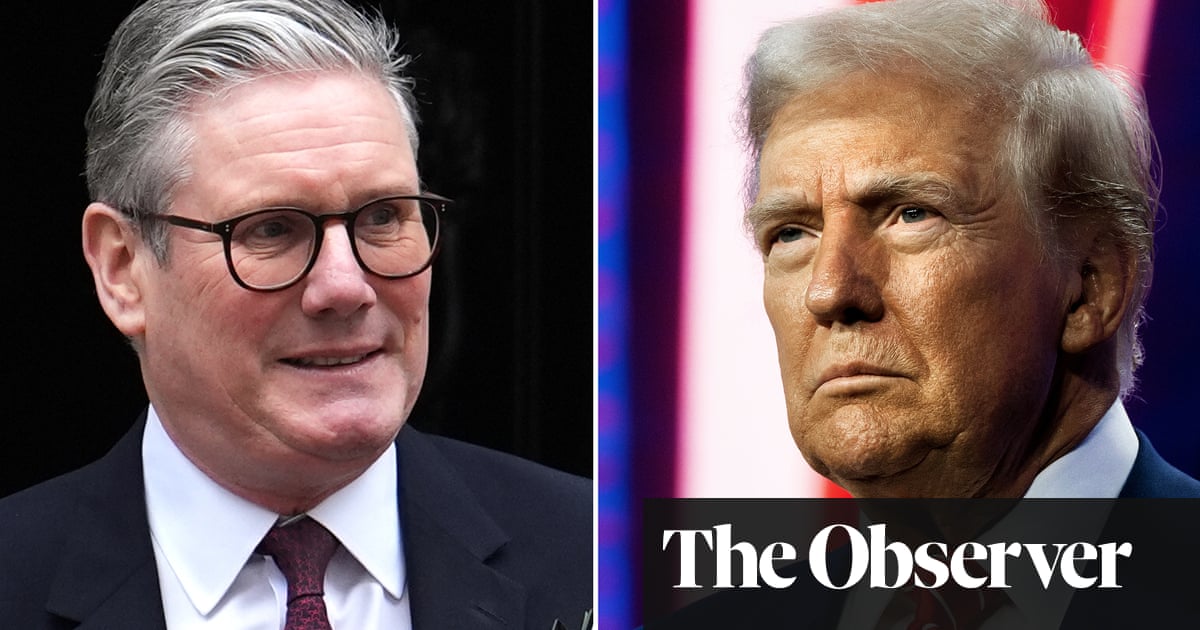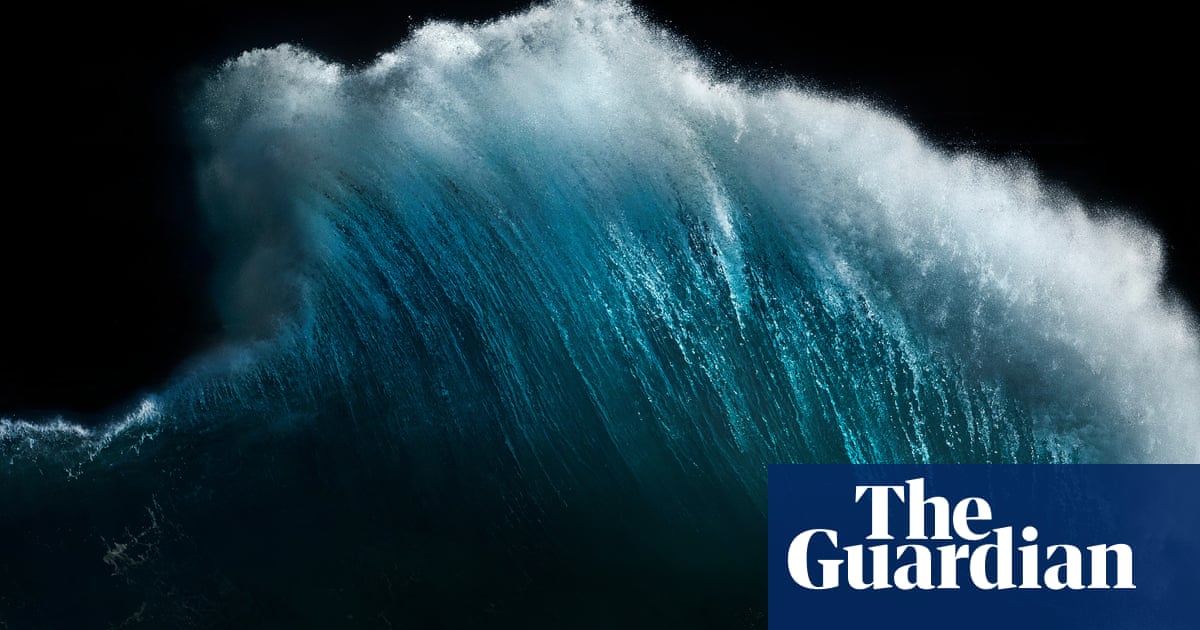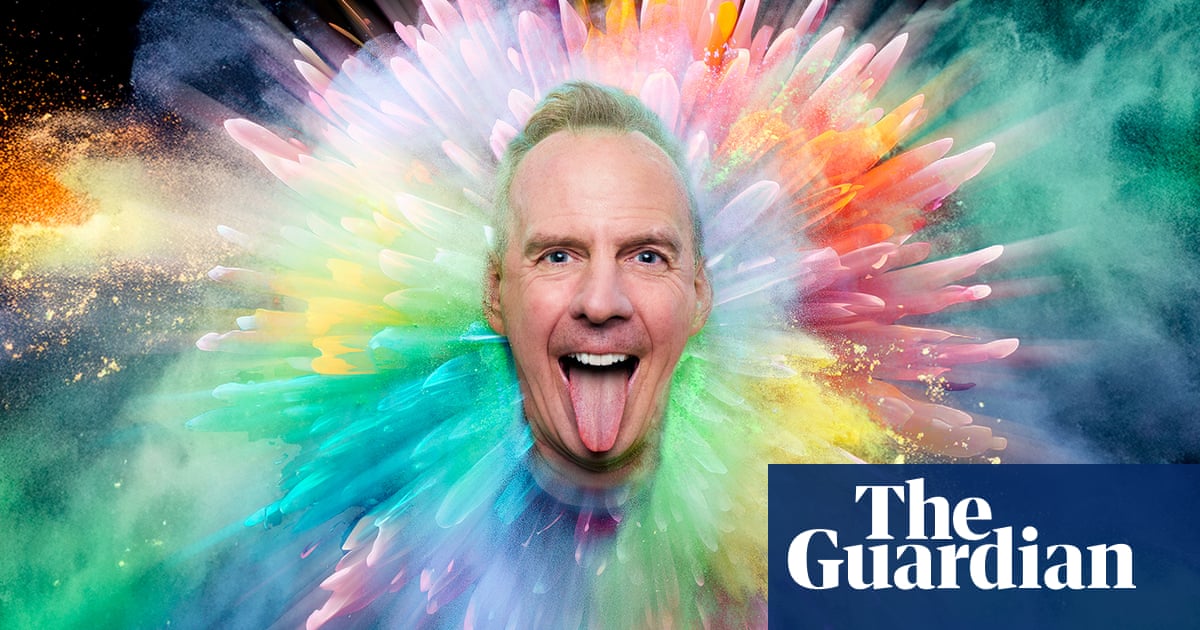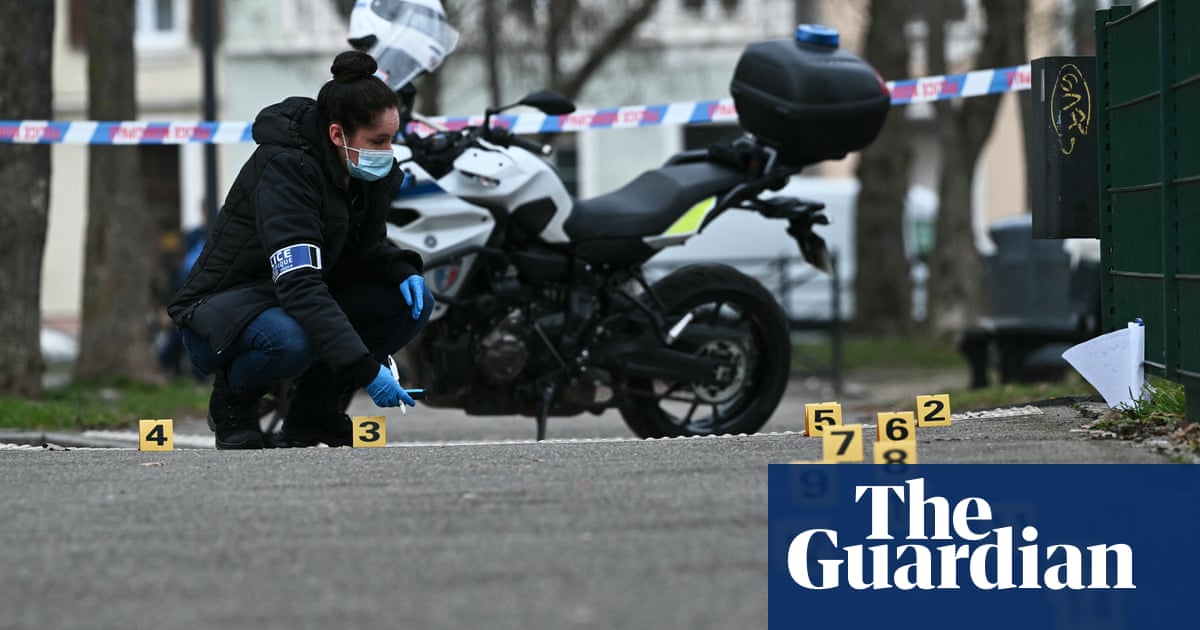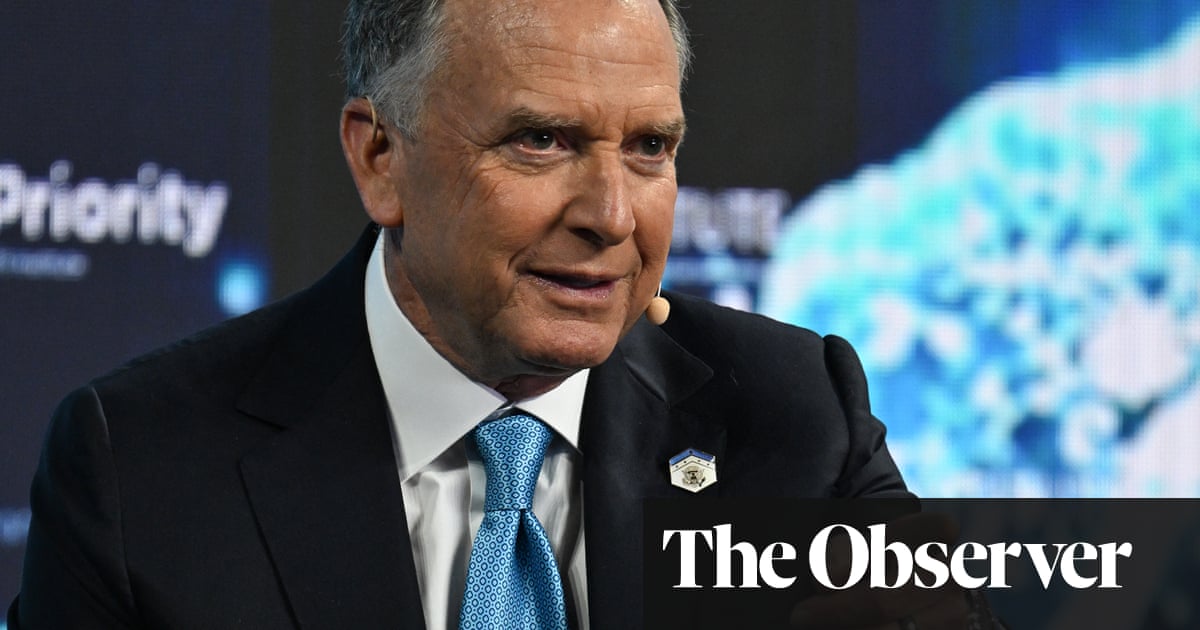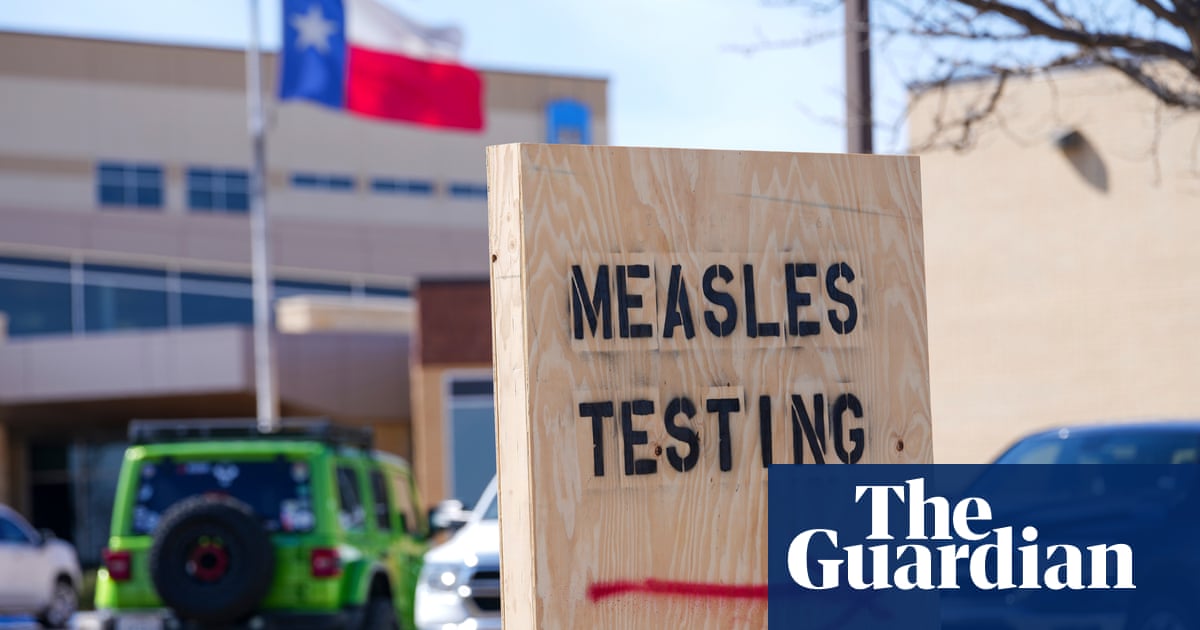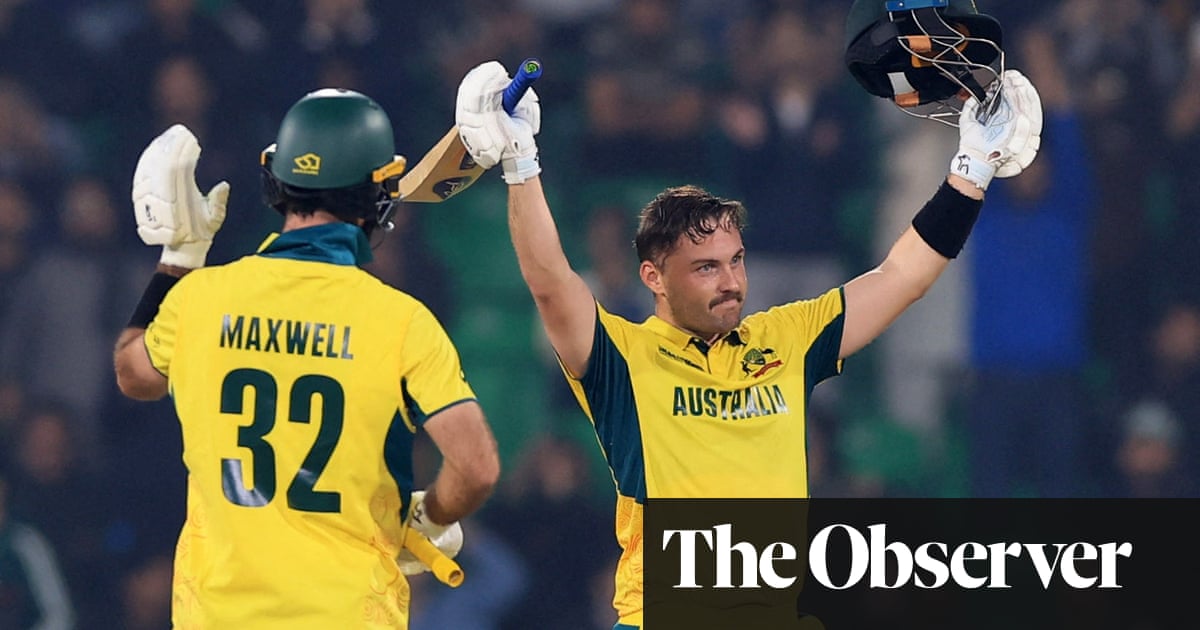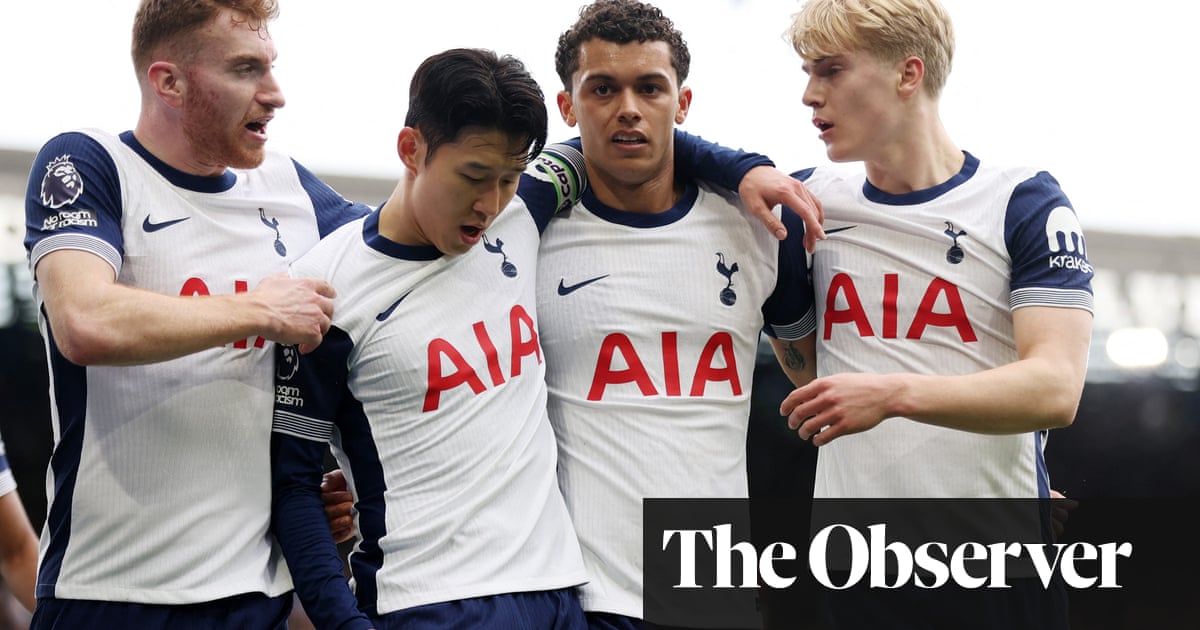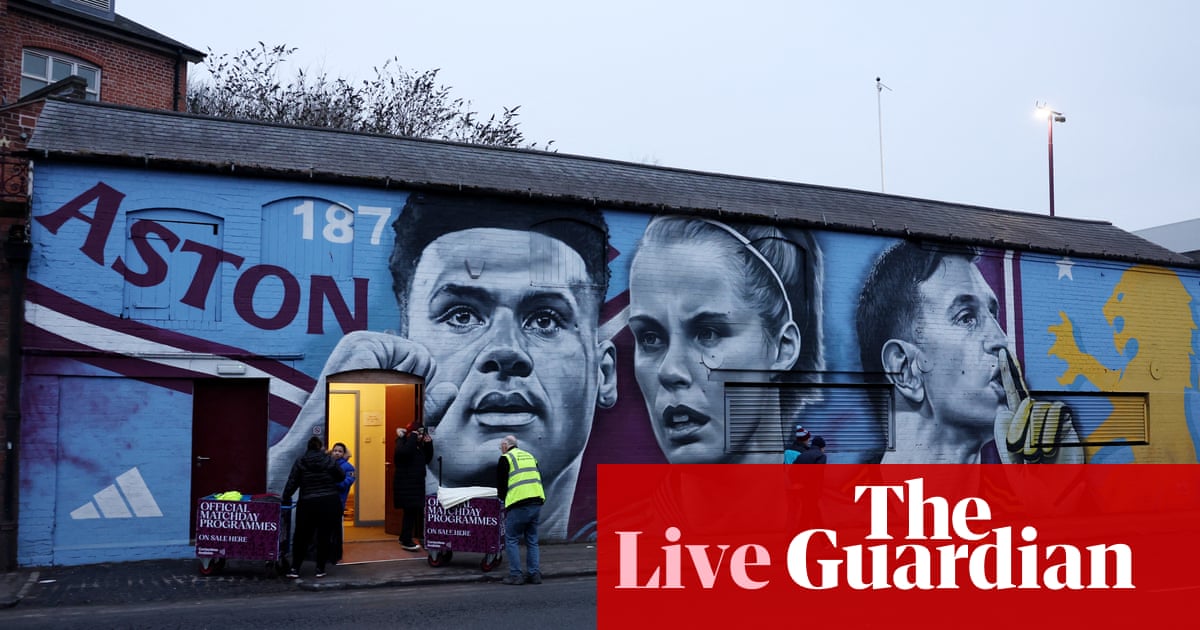Joe Biden marked his 82nd birthday on Wednesday as Democrats began searching for a younger generation of party leaders following Kamala Harris’s morale-sapping defeat in this month’s presidential election.
Any birthday celebrations planned by the US president will probably be muted as he returned to Washington from the G20 summit in Brazil a seemingly diminished figure, awaiting the return to power of Donald Trump, who is expected to dismantle many of his achievements in the past four years.
The Bidens also seemed unlikely to be joined by many of the president’s fellow Democrats, who were reportedly too engaged in seeking replacements for the octogenarian leadership represented by him and 84-year-old Nancy Pelosi, the former House speaker who was recently re-elected to a 20th term as a member of Congress and continues to wield much influence.
Pelosi was instrumental in pressing Biden to stand aside as the Democrats’ presidential nominee in July amid concerns about his advanced age and mental acuity following a disastrous debate performance against Trump the previous month.
New leadership may also be on the horizon in the Senate, where the Democrats’ leader, Senator Chuck Schumer, is 73 and recently oversaw the loss of the party’s single-seat majority to the Republicans, who have just replaced their 82-year-old leader, Mitch McConnell.
At 54, Hakeem Jeffries, Pelosi’s successor as the party’s leader in the House, is less vulnerable to challenge on age-related grounds, but youth – at least in relative terms – is on Democrats’ minds as they contemplate the road to recovery from a catastrophic reversal at the polls.
“It is a huge problem in the Democratic party that we have such an ossifying class of leadership that it needs to become a crisis before they leave,” Politico quoted one Democrat as saying.
The party is looking at a younger generation of state governors to emerge as presidential candidates in four years’ time, many of whom would have been in the mix had Biden passed the torch earlier and had there been an open primary or had he not immediately endorsed Harris when he finally stepped aside. They include Pennsylvania’s Josh Shapiro, 51, Gretchen Whitmer of Michigan, who is 53, Gavin Newsom, 57, of California, 49-year-old Jared Polis, the governor of Colorado, and Andy Beshear, 46, the governor of Kentucky.
Future leadership may also be available in the person of Pete Buttigieg, 42, the transportation secretary, who has been notably effective in arguing the Democrats’ case in conservative forums like Fox News.
Age is once again an issue as the party seeks a new chair of the Democratic National Committee (DNC), the strategic head of the national party, to lead its rebuilding project in the wake of Trump’s victory, even though the Republican president-elect is the oldest person ever voted into the presidency.
Declared candidates so far are Ken Martin, 51, chair of the Minnesota Democrats, and Martin O’Malley, 61, a former Maryland governor, who both said they were running this week.
Rahm Emanuel, 64, the US ambassador to Japan and a former White House chief of staff under Barack Obama has also been speculated upon as a possible candidate.
However, the spotlight is being shone on younger potential contenders amid widespread calls for “a new generation of leadership”.
Those touted include Ben Wikler, 43, chair of the Democrats in Wisconsin, and Mallory McMorrow, 38, a Michigan state legislator, who told Politico she would run if given sufficient encouragement.
“If enough people ask, I’m leaving myself open to all kinds of opportunities,” she said.
David Hogg, a gen-Z gun rights activist who runs a political action committee dedicated to recruiting young people for office, has also said he was considering running for the DNC’s vice-chair’s role.
“[It is about] a state of mind … when your political sort of awakening came in. When did you get engaged in politics? When did you show up into this?” the Democratic insider told Politico about the need for younger leaders.
The call for a generational shift comes as Biden has played a decidedly low-key role in his visits to Brazil and Peru, where he attended the Asia-Pacific Economic Cooperation summit before flying to Rio de Janeiro for the G20.
The outgoing president avoided journalists and stuck to behind-closed-doors meetings on the two trips, likely to be his last as an active statesman on the international stage.
He even missed the first leaders’ photo call on Monday in what seemed like a symbol of fading relevance, although the White House said it had been caused by “logistical reasons” and that he attended a later photo session.
More pointedly, Biden ignored invitations to talk from reporters travelling with him about his message to international leaders on the incoming administration.

 3 months ago
61
3 months ago
61
